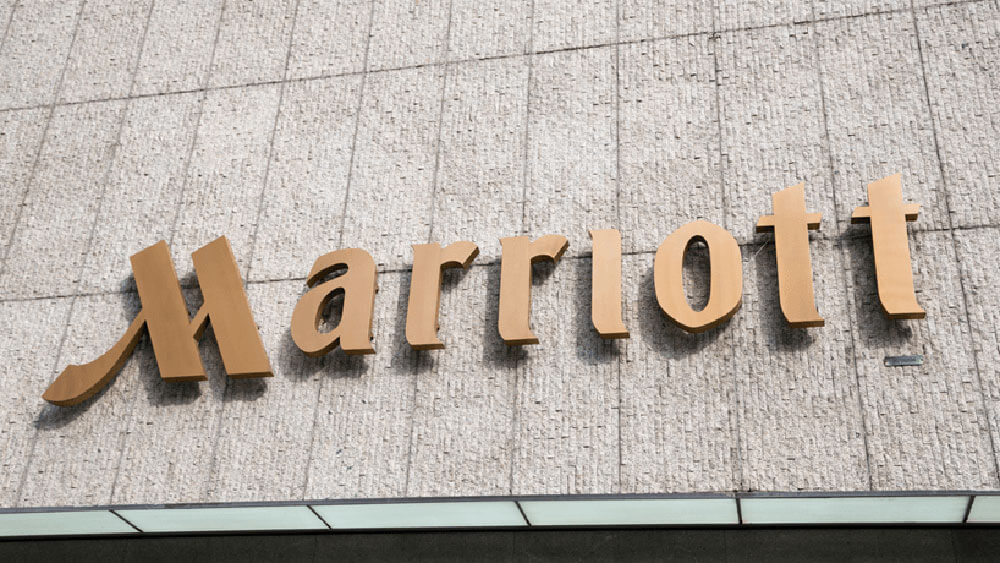The early bird gets the worm — or in the case of the meetings industry, it gets the pick of the properties. At Marriott’s investor day on March 18 at the New York Marriott Marquis, Brian King, global officer, digital, distribution, revenue management + global sales at the company, told the audience that more event organizers are embracing that early-bird role. “Meeting planners are booking earlier to ensure they have the best possible selection of meeting space and accommodations,” King said.
In 2019, the company projects that 20 percent of group bookings at Marriott-legacy properties (those that were part of the Marriott family prior to the Starwood deal) will be made at least three years out from the meeting dates. In 2015, King said that those very long-term bookings comprised only 13 percent of the company’s group business. The Gaylord Rockies property, which opened at the end of 2018, provides an example of Marriott’s ability to fill rooms well into the future. King said that the hotel already has 1.1 million room nights on its books through 2023.

Brian King
More Marriotts on the Horizon
While the company’s existing hotels seem to be filling up quickly, event organizers will have quite a few more Marriott properties to choose from in the future. The hotelier plans to open more than 1,700 new hotels by 2021, which will add between 275,000 and 295,000 rooms to its portfolio. The hotelier discussed its plans for investing in the revitalization of a number of brands it acquired in the Starwood deal, including a focus on launching a renewed brand for Sheraton.
While Sheraton, Aloft, and Element were all covered in the presentation, Marriott is also pursuing guests with the deepest pocketbooks. Tina Edmundson, global brand officer and luxury portfolio leader at Marriott, cited some staggering statistics about the state of wealth in the world: The number of millionaires has tripled since 2000, and the number of ultra-high net-worth individuals has risen fourfold in the same timeframe. Marriott is giving those wealthy guests a wide range of choices with more than 400 Edition, Luxury Collection, St. Regis, Ritz-Carlton, Bulgari, W, and JW Marriott properties. The company also has approximately 200 luxury properties in the pipeline. When they are completed, Marriott will be far ahead of the closest competition, Accor, which has 342 hotels in the category.
Building Bonvoy
At those high-end properties, guests will naturally expect high-touch service. But even guests who have booked at the company’s less posh properties will benefit from technology that aims to improve the entire travel experience. The company’s mobile app now has a GrubHub-like mobile food ordering option and a shuttle tracker for guests who have arrived at the airport. “In 2009, it may have been okay to call the hotel and ask for an expected airport shuttle arrival time,” Raymond Bennett, chief global officer, global operations, and managed by Marriott Select Brands, said. “But in a world where travel is becoming frictionless, we shouldn’t have to wait at LAX wondering when the next ride will arrive.”
Marriott hopes that developing new tools to help on-the-go travelers will also help the company turn one-time guests into repeat customers who join the recently launched Bonvoy rewards program. Despite suffering from a massive data breach, the push to attract more points-hungry travelers to hand over their information is working. Stephanie Linnartz, the company’s global chief commercial officer, said that Bonvoy currently has around 125 million members, and it’s adding 1.5 million additional members each month.
As some of those Bonvoy members check in to Marriott properties for stays during conferences and trade shows, the company is working to understand what they want from the attendee experience, too. Marriott recently partnered with PCMA for a research project on the future of business events. Read the Convene story for an overview of the findings.

